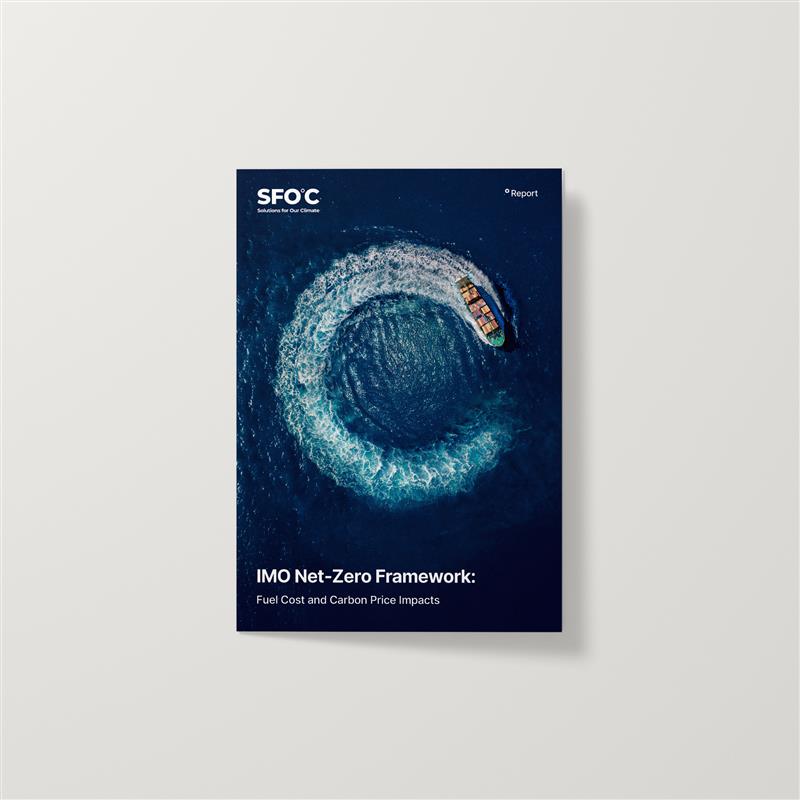
About
Executive summary
What is the Industry Trends Brief?
SFOC's Industry Trends Brief examines domestic and international trends related to industrial decarbonization including iron and steel, methane, and shipping, and explores ways for both industry and the natural environment to thrive.
Industry Trends Brief No.3
International Maritime Organization (IMO) adopted the 2023 Strategy on Reduction of GHG Emissions from Ships, which aims to reach net-zero GHG emissions of international shipping by 2050 with “indicative checkpoints” striving for 30% reduction by 2030 and 80% by 2040.
Most (62.5%) of South Korea's industrial complexes are situated adjacent to ports; thus the role of ports makes a critical impact on Scope 3 GHG reduction for South Korean corporates.
In 2022, around 44,000 foreign ships traveling international routes docked at major South Korean ports, representing a significant opportunity for Scope 3 GHG reduction in trading companies if Korean ports commit to collective decarbonization.
Three policy recommendations are made for five South Korean ports that have handled the highest volumes of cargo in 2022 to accelerate the decarbonization in the shipping industry.

Policy Recommendations:
- If Scope 1, 2, and 3 GHG emissions of the ports are defined and disclosure of every aspect of ports’ emissions becomes mandatory, the GHG emission reduction strategy in South Korea’s Harbor Act (2005) can be more comprehensive and effective.
- Legislative regulation for the mandatory use of AMP is essential to achieve further emissions reductions from at-berth vessels.
- The government should take further steps to make ports strive for 100% renewable energy powered.
Table of Contents:
The Role of South Korean Ports in Decarbonization of the Shipping Industry
Selection of Five Major Ports in South Korea
1. Lack of Full Disclosure of the Ports’ GHG emissions2. Underutilization of Alternative Marine Power (AMP)
3. South Korean Ports Nedd to Strive for 100% Renewable Energy Use
Policy Recommendations
For more information, please download the brief below.














![[Report] Achieving Net Zero in International Shipping through Korea-US-Japan Green Shipping Corridor](https://content.sfoc.tapahalab.com/images/research/s11Jime.jpg)




